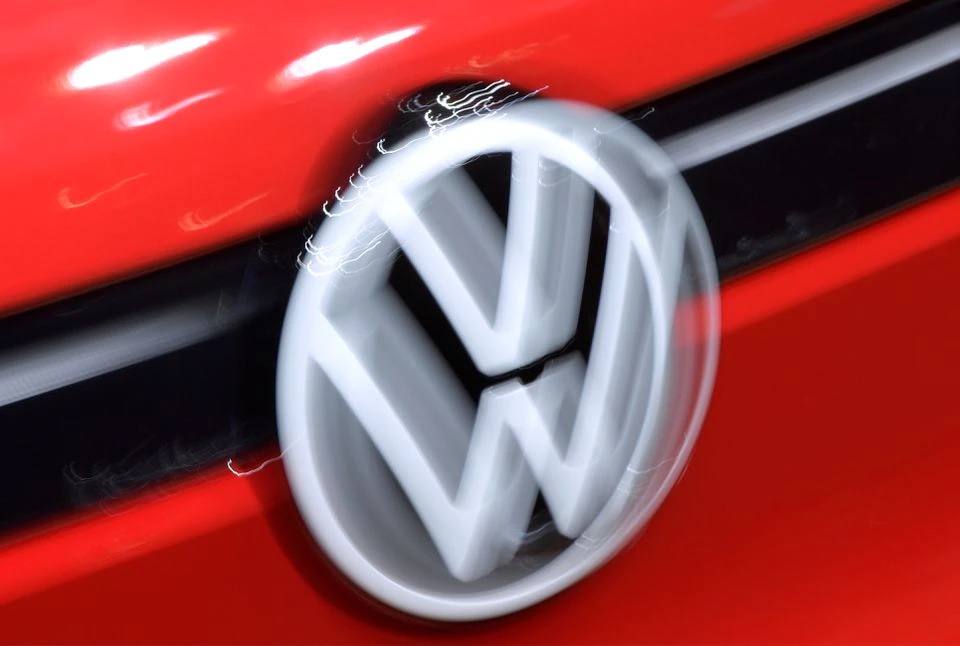March 20 (Reuters) – A Russian court on Monday froze all Volkswagen (VOWG_p.DE) assets in Russia, in the latest obstacle to the German carmaker’s year-long efforts to wind down its Russian operations.
Volkswagen, along with other foreign carmakers, suspended operations in Russia last year after western countries imposed unprecedented sanctions on Moscow over the conflict in Ukraine.
It has been trying to sell its Russian assets, including its flagship plant in the city of Kaluga, which has production capacity of 225,000 vehicles a year and has been furloughed since March 2022.
Russian auto manufacturer GAZ, which was contracted to produce Volkswagen vehicles at its factory in Nizhny Novgorod, sought to halt any sale as part of a lawsuit after Volkswagen terminated the production agreement in August.
In court filings, GAZ said Volkswagen’s attempts to exit the Russian market put its own interests at risk and it is seeking 15.6 billion roubles ($201.3 million) in damages over the terminated contract.
A Russian court on Monday agreed to freeze all of Volkswagen’s assets in Russia while the dispute with GAZ plays out, court documents showed, further hitting VW’s attempts to wind down its Russian operations.
Volkswagen’s Russian subsidiary said it was surprised by the lawsuit and their partnership had “ended on mutually-agreed terms”.
“We are aware of the claim from GAZ and are familiarising ourselves with the case materials,” it said in a statement to Reuters.
It also said Volkswagen was in the process of applying to Russian state authorities for approval to sell its stake in Volkswagen Group Rus, including a plant in Kaluga with more than 4,000 employees “to a trustworthy Russian investor”.
“We hope the lawsuit will not delay the transaction,” the statement added.
GAZ declined to comment. Russia’s industry ministry did not respond to requests to comment.
Earlier this week, Czech carmaker Skoda Auto, part of the Volkswagen Group, said it was in the final stages of a deal to sell its Russian assets.
EXIT PLANS
Moscow mandates that companies from “unfriendly” countries – those which have imposed sanctions on Russia – are required to win approval from a government commission for the sale of any Russian assets.
Foreign investors have feared Russia could take action to nationalise strategic assets since the restrictions on sales were brought in.
Last July President Vladimir Putin issued a decree to seize full control of the Sakhlain-2 gas and oil project in Russia’s far east, effectively taking almost 50% of the project from Shell (SHEL.L) and two Japanese trading companies.
Other leading Western carmakers have left the Russian market. Last year France’s Renault (RENA.PA) sold its majority stake in Avtovaz to a Russian state entity for a symbolic fee of one rouble – effectively writing off assets it previously valued at 2.2 billion euros ($2.35 billion).
Russia’s auto industry has been one of the worst hit by Moscow’s decision to send tens of thousands of troops into Ukraine in February last year.
Previously reliant on Western investment, equipment and parts, car production last year fell by an unprecedented 67% to its lowest level since the collapse of the Soviet Union.
($1 = 77.5000 roubles)
($1 = 0.9356 euros)











